Home>Articles>Which Is More Efficient: Stove Top Kettle Or Electric Kettle?
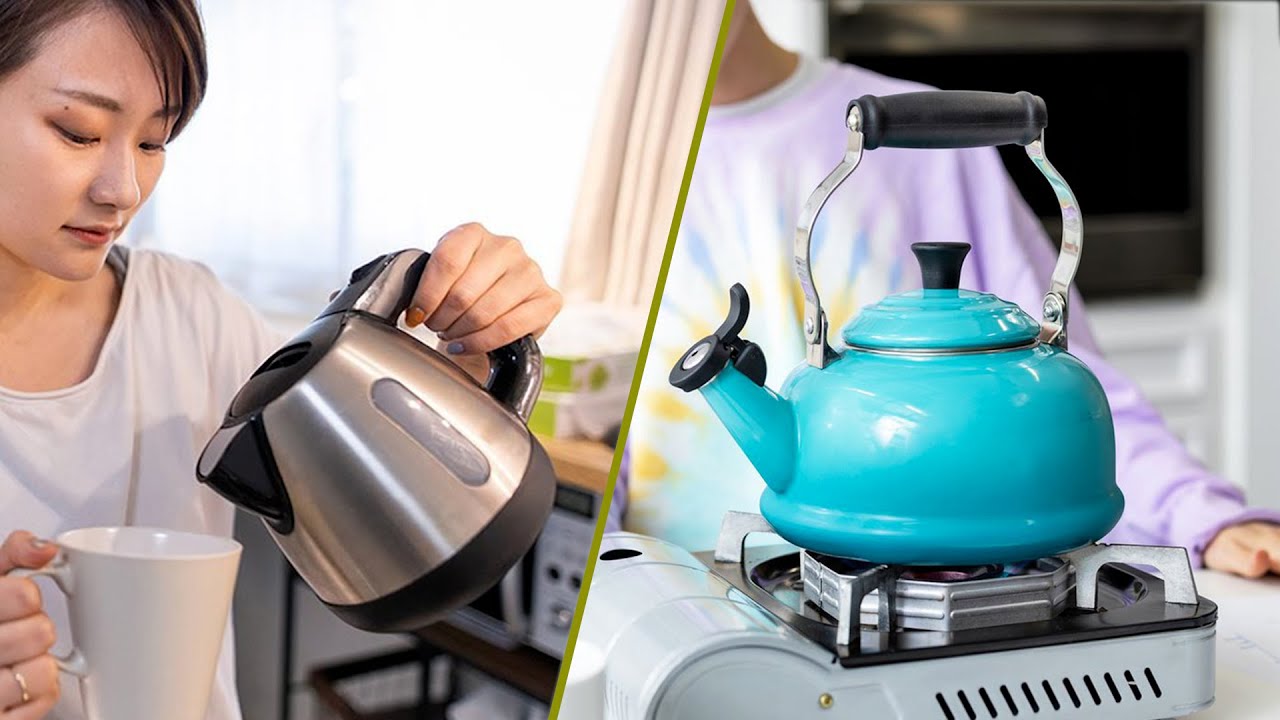

Articles
Which Is More Efficient: Stove Top Kettle Or Electric Kettle?
Modified: August 17, 2024
Read articles on the efficiency of stove top and electric kettles to determine which option is more efficient. Find out which kettle is right for you.
(Many of the links in this article redirect to a specific reviewed product. Your purchase of these products through affiliate links helps to generate commission for Storables.com, at no extra cost. Learn more)
Introduction
In the world of modern technology, electric appliances have become an integral part of our daily lives. When it comes to boiling water, two popular options are the stove top kettle and the electric kettle. Both have their advantages and disadvantages, but which one is more efficient?
Whether you are a tea enthusiast or need hot water for your morning coffee, the efficiency of your kettle can make a notable difference in your daily routine. In this article, we will compare the stove top kettle and the electric kettle and analyze the factors that contribute to their efficiency.
When considering efficiency, we need to take into account various aspects such as energy consumption, speed of boiling, ease of use, durability, safety, and versatility. By understanding these factors, you can make an informed decision when choosing between a stove top kettle or an electric kettle.
Before we dive into the details, it’s important to note that personal preferences and specific use-cases may vary, and what works for one person may not work for another. However, this article aims to provide a comprehensive comparison to help you make an informed decision based on your individual needs and priorities.
Key Takeaways:
- Electric kettles offer rapid boiling, energy efficiency, and user-friendly features, making them the ideal choice for convenience and time-saving boiling experiences in modern kitchens.
- Stove top kettles provide traditional charm, durability, and versatility, making them a reliable option for outdoor use and those who appreciate a more hands-on approach to boiling water.
Comparison of Stove Top Kettle and Electric Kettle
When comparing a stove top kettle and an electric kettle, there are several factors to consider. Let’s examine each aspect to determine which option is more efficient.
- Energy Consumption: One of the key factors to consider when evaluating efficiency is energy consumption. Stove top kettles typically use gas or electric stovetops to heat the water, whereas electric kettles have built-in heating elements. Electric kettles are generally more energy-efficient since they directly heat the water, while stove top kettles may lose heat through the sides or bottom of the kettle during the boiling process.
- Speed of Boiling: The speed at which a kettle can boil water is another important aspect to consider. Electric kettles are designed to heat water rapidly, with some models boasting even faster boiling times. Stove top kettles may take longer to reach boiling point, as the heat source may not be as efficient or powerful as the heating elements in an electric kettle.
- Ease of Use: Convenience plays a significant role in determining efficiency. Electric kettles offer the advantage of being simple to use. With just the push of a button, the water starts boiling, and the kettle automatically shuts off when the water is ready. Stove top kettles may require more effort, as you need to monitor the kettle and manually turn off the heat once the water boils.
- Durability: A durable kettle is essential for long-term efficiency. Stove top kettles are typically made from stainless steel or other sturdy materials, which can withstand high heat and everyday use. Electric kettles may feature heat-resistant materials, but the electronic components could be susceptible to wear and tear over time.
- Safety: Safety is paramount when it comes to kitchen appliances. Electric kettles are designed with safety features such as automatic shut-off and boil-dry protection, which can prevent accidents caused by overheating or water shortage. Stove top kettles require manual supervision and can be a potential hazard if left unattended.
- Versatility: The versatility of a kettle can enhance its efficiency. Stove top kettles can be used on various heat sources, including gas, electric, and even campfires, making them suitable for outdoor use. Electric kettles, on the other hand, are limited to indoor use and require a power source.
Considering these factors, it’s evident that electric kettles offer several advantages in terms of energy consumption, speed, ease of use, safety, and versatility. However, it’s important to note that stove top kettles have their own merits, such as their durability and the ability to be used in various settings.
Ultimately, the choice between a stove top kettle and an electric kettle comes down to personal preferences, lifestyle, and specific needs. By analyzing the factors mentioned above, you can determine which option aligns best with your requirements and brings the highest level of efficiency to your daily routine.
Factors to Consider
When deciding between a stove top kettle and an electric kettle, it’s important to consider several factors to make an informed decision. These factors will help you determine which option is more efficient for your specific needs. Let’s delve into these considerations:
- Energy Efficiency: Consider the energy consumption of each type of kettle. Look for energy-efficient models that can help reduce your electricity or gas usage.
- Boiling Speed: Think about how quickly you need to boil water. If speed is a priority, electric kettles are generally faster than stove top kettles.
- Usage Convenience: Evaluate the ease of use and convenience offered by each type of kettle. Electric kettles typically have features like automatic shut-off and water level indicators, making them more user-friendly.
- Durability: Consider the durability of the kettle. Look for high-quality materials and solid construction that can withstand everyday use.
- Safety Features: Assess the safety features of both types of kettles. Electric kettles often come with safety features like automatic shut-off and boil-dry protection, reducing the risk of accidents.
- Versatility: Think about where and how you plan to use the kettle. Stove top kettles can be used in various settings, including outdoor environments like camping trips.
- Cleaning and Maintenance: Consider the cleaning and maintenance requirements of each kettle. Look for kettles that are easy to clean and maintain to ensure long-term efficiency.
- Aesthetics: If aesthetics matter to you, consider the design and appearance of the kettle. Choose a kettle that complements your kitchen decor and personal style.
- Cost: Evaluate the cost of both options. Consider the initial purchase cost as well as any long-term savings in terms of energy consumption.
By carefully considering these factors, you can make a well-informed decision based on your preferences, lifestyle, and priorities. Remember, what may be efficient for one person may not be the same for another. It’s crucial to find the right balance between efficiency, functionality, and personal preference when choosing a kettle.
Efficiency of Stove Top Kettle
The efficiency of a stove top kettle depends on various factors, including the type of heat source, design, and material. While stove top kettles may not be as energy-efficient as electric kettles, they still offer their own advantages. Let’s explore the efficiency of a stove top kettle in more detail:
Heat Source: Stove top kettles can be used on gas or electric stovetops, offering versatility in terms of heat sources. Gas stovetops provide instant and consistent heat, allowing for faster boiling times. Electric stovetops may take longer to heat up, resulting in slightly slower boiling times. However, once the heat is evenly distributed, stove top kettles can heat water efficiently.
Material and Design: The material and design of a stove top kettle can significantly impact its efficiency. Stainless steel is a commonly used material for stove top kettles, known for its excellent heat conductivity and durability. It allows for even distribution of heat, resulting in efficient boiling. The design of the kettle, such as the shape and size, can also influence the efficiency by maximizing heat retention.
Heat Loss: While stove top kettles can efficiently heat water, they may experience some heat loss during the boiling process. Heat can escape through the sides or bottom of the kettle, reducing overall efficiency. However, choosing a well-insulated kettle and ensuring a snug fit between the kettle and the stovetop can help minimize heat loss and improve efficiency.
Fuel Consumption: Stove top kettles rely on gas or electricity as their heat source. The efficiency of fuel consumption depends on the heat source itself. Gas stovetops are generally more energy-efficient than electric stovetops, as they provide instant and precise heat control. This can result in lower fuel consumption compared to electric stovetops, ultimately affecting the overall efficiency of a stove top kettle.
Durability: Stove top kettles are known for their durability. Made from robust materials like stainless steel, they can withstand high temperatures and regular use. This durability ensures that the kettle remains efficient over a long period, providing consistent heating performance.
In summary, while stove top kettles may not be as energy-efficient as their electric counterparts, they still offer efficiency in terms of heating water effectively and evenly. The choice of heat source, material, and design can greatly influence the efficiency of a stove top kettle. Additionally, the durable construction of stove top kettles ensures their longevity, allowing for consistent and efficient performance over time.
Efficiency of Electric Kettle
Electric kettles are known for their efficiency in quickly and reliably boiling water. They offer several advantages and features that contribute to their overall efficiency. Let’s explore the efficiency of electric kettles in more detail:
Direct Heating: Electric kettles use built-in heating elements that directly heat the water. This direct heating method eliminates heat loss and ensures efficient and rapid boiling. The heating elements quickly reach the desired temperature, resulting in faster boiling times compared to stove top kettles.
Energy Consumption: Electric kettles are designed to be energy-efficient. The heating elements in electric kettles are optimized to reduce energy consumption while still providing quick and efficient heating. Furthermore, electric kettles often have features such as auto shut-off or programmable temperature settings, which help conserve energy by automatically turning off once the water has reached the desired temperature.
Boiling Speed: Electric kettles are renowned for their rapid boiling speed. With powerful heating elements and efficient design, they can bring water to a boil much faster than stove top kettles. This speed is especially beneficial for those who need hot water quickly or have a busy lifestyle where time is of the essence.
Convenience: Electric kettles offer a high level of convenience. They typically have features such as water level indicators, cordless designs, and automatic shut-off, making them user-friendly and hassle-free to use. These convenient features contribute to overall efficiency by simplifying the boiling process and ensuring safety.
Safety Features: Electric kettles are equipped with various safety features that enhance their efficiency and minimize the risk of accidents. Many electric kettles have an automatic shut-off function that turns off the kettle once the water has reached boiling point. Additionally, some models have boil-dry protection, which automatically switches off the kettle if there is insufficient water, preventing damage to the kettle and potential safety hazards.
Cleaning and Maintenance: Electric kettles are designed for easy cleaning and maintenance. Most electric kettles have a removable or washable filter to prevent mineral buildup. The electric base can be easily wiped clean, and the kettle itself can be descaled using vinegar or other descaling solutions. These cleaning and maintenance features ensure that the kettle operates at optimal efficiency and prolongs its lifespan.
Versatility: Electric kettles are versatile and can be used in various settings. They are not limited to a particular heat source, allowing for their usage in places without a stovetop, such as offices or dorm rooms. This versatility adds to their overall efficiency by providing convenience and adaptability.
In summary, electric kettles are highly efficient due to their direct heating method, energy-saving features, rapid boiling speed, convenience, safety features, easy cleaning and maintenance, and versatility. These factors make electric kettles an excellent choice for those seeking efficiency and convenience in boiling water.
Energy Consumption Comparison
When considering efficiency, an important factor to evaluate is the energy consumption of stove top kettles and electric kettles. Let’s compare the energy consumption of these two types of kettles to determine which is more efficient:
Stove Top Kettles: Stove top kettles rely on gas or electric stovetops as their heat source. The energy consumption of stove top kettles depends on the efficiency of the heat source and the duration of boiling. Gas stovetops tend to be more energy-efficient compared to electric stovetops, as they provide instant and precise heat control. However, stove top kettles may experience some heat loss during the boiling process, as heat can escape through the sides or bottom of the kettle. This heat loss can reduce the overall energy efficiency of stove top kettles.
Electric Kettles: Electric kettles are designed to be energy-efficient. They use built-in heating elements that directly heat the water, minimizing heat loss. Electric kettles are optimized to reach the desired temperature quickly, resulting in faster boiling times compared to stove top kettles. Furthermore, many electric kettles come with energy-saving features such as automatic shut-off and programmable temperature settings. These features help conserve energy by automatically turning off the kettle once the water has reached the desired temperature, preventing unnecessary energy consumption.
Overall, electric kettles are generally more energy-efficient than stove top kettles. The direct heating method and efficient design of electric kettles ensure minimal heat loss and rapid boiling times. Additionally, the energy-saving features of electric kettles contribute to their overall efficiency by reducing unnecessary energy consumption.
It’s important to note that individual usage patterns and specific appliance models can affect energy consumption. Factors such as the frequency of use, amount of water boiled, and duration of boiling will impact the overall energy efficiency of both stove top kettles and electric kettles.
To ensure optimal energy efficiency, it is recommended to choose energy-efficient models, follow usage guidelines, and consider factors such as the heat source for stove top kettles or the wattage and energy-saving features for electric kettles. By making informed choices and being mindful of energy consumption, you can maximize the efficiency of your kettle while reducing your environmental impact.
A stove top kettle is generally more efficient than an electric kettle as it uses direct heat, while an electric kettle loses some heat through its base. However, an electric kettle can be more convenient and faster for boiling water.
Speed of Boiling Comparison
When it comes to boiling water, the speed of boiling is an essential factor to consider in determining the efficiency of a kettle. Let’s compare the speed of boiling between stove top kettles and electric kettles:
Stove Top Kettles: Stove top kettles generally take longer to bring water to a boil compared to electric kettles. The time it takes to boil water with a stove top kettle depends on various factors, including the heat source, the design and material of the kettle, and the volume of water being boiled. Gas stovetops tend to heat up faster than electric stovetops, allowing stove top kettles on gas stoves to reach boiling point more quickly. On the other hand, electric stovetops may take longer to heat up, resulting in slightly slower boiling times with stove top kettles. It’s important to note that the efficiency of a stove top kettle can vary depending on the quality of the heat source.
Electric Kettles: Electric kettles are designed for rapid boiling. They heat water much faster than stove top kettles due to their powerful heating elements and efficient design. Most electric kettles can bring water to a boil within a matter of minutes, with some models boasting even faster boiling times. The direct heating method of electric kettles, coupled with the precise temperature control, allows for quick and efficient boiling.
In terms of speed, electric kettles have a clear advantage over stove top kettles. The direct heating method and powerful heating elements of electric kettles ensure rapid boiling times, allowing you to have hot water in a fraction of the time it takes with a stove top kettle. This can be particularly beneficial for those who are often in a hurry or have a busy lifestyle.
It’s worth mentioning that the volume of water being boiled can also influence the speed of boiling for both types of kettles. Larger volumes of water may take slightly longer to reach boiling point compared to smaller quantities. Additionally, keep in mind that individual appliance models may have varying boiling speeds due to differences in wattage and heating capabilities.
Considering the speed of boiling, electric kettles are the clear winner in terms of efficiency. They offer rapid boiling times, providing hot water quickly and conveniently. Stove top kettles may take longer to boil water, but they still serve their purpose effectively, especially when considering factors such as energy consumption, versatility, and durability.
Ultimately, the choice between a stove top kettle and an electric kettle depends on your specific needs and priorities. If speed is a crucial factor for you, an electric kettle would be the more efficient option. However, if you prefer the traditional appeal of a stove top kettle or require versatility in outdoor settings, a stove top kettle may still be a viable and efficient choice.
Ease of Use Comparison
When it comes to the efficiency of a kettle, ease of use is an important aspect to consider. Let’s compare the ease of use between stove top kettles and electric kettles:
Stove Top Kettles: Stove top kettles require more manual operation and monitoring. To boil water, you need to fill the kettle, place it on the heat source, and wait for the water to heat up. Once the water reaches boiling point, you need to manually turn off the heat source. This manual process requires your attention and supervision throughout the boiling process. While some people enjoy the traditional, hands-on aspect of using a stove top kettle, it may be less convenient if you have a busy lifestyle or need to multitask in the kitchen.
Electric Kettles: Electric kettles offer a high level of convenience and ease of use. With just a push of a button or flick of a switch, you can start the boiling process. The electric kettle automatically heats the water to the desired temperature, and many models have an automatic shut-off feature that turns off the kettle once the water reaches boiling point. This eliminates the need for constant monitoring and allows you to attend to other tasks while the water is boiling. Electric kettles often have additional features like water level indicators, cordless designs, and ergonomic handles, making them user-friendly and convenient to use.
In terms of ease of use, electric kettles have the advantage. They eliminate the need for manual supervision and offer convenient features that simplify the boiling process. The one-touch operation and automatic shut-off ensure a hassle-free experience, particularly for those who are always on the go or have limited time to spend in the kitchen.
It’s worth noting that stove top kettles do have their own charm and appeal for those who appreciate a more hands-on approach. Some people enjoy the process of using a stove top kettle and find it nostalgic or traditional. Additionally, stove top kettles offer the versatility of being used in various settings, including outdoor environments, without the need for electricity.
When considering ease of use, electric kettles provide a convenient and efficient solution for boiling water. The user-friendly features, automatic operation, and time-saving benefits make electric kettles the preferred choice for many individuals seeking a hassle-free boiling experience.
Ultimately, the choice between a stove top kettle and an electric kettle depends on your personal preferences and lifestyle. Consider your needs, daily routine, and the level of convenience you desire when making a decision. Both stove top kettles and electric kettles serve the purpose of boiling water effectively, so choose the option that aligns best with your requirements and brings you the most efficiency in the kitchen.
Durability Comparison
When evaluating the efficiency of a kettle, durability is an important consideration. Let’s compare the durability of stove top kettles and electric kettles:
Stove Top Kettles: Stove top kettles are typically made from durable materials such as stainless steel, copper, or cast iron. These materials are known for their sturdiness and ability to withstand high heat. Stainless steel is a popular choice due to its resistance to rust and corrosion. Stove top kettles are designed to withstand regular use on heat sources like gas or electric stovetops. As long as they are handled with care and maintained properly, stove top kettles can serve you well for many years.
Electric Kettles: Electric kettles, while generally made from heat-resistant materials, have electronic components that may impact their long-term durability. The heating element and control mechanisms, although designed for durability, may be susceptible to wear and tear over time. However, high-quality electric kettles from reputable brands are built to withstand everyday use and offer reliable performance. Proper care and maintenance, such as descaling and regular cleaning, can help prolong the lifespan of an electric kettle.
In terms of durability, stove top kettles have an edge. The robust construction and materials used in stove top kettles make them inherently durable. They can handle high heat and endure regular use without issues. Electric kettles, on the other hand, while still durable overall, may have electronic components that may require more careful handling to maintain their longevity.
It’s important to note that individual usage and maintenance practices can impact the durability of both types of kettles. Stove top kettles may need to be periodically cleaned and dried to prevent corrosion or mineral buildup. Electric kettles require regular descaling and cleaning to keep the heating elements and internal components in optimal condition.
Ultimately, the durability of a kettle is influenced by the quality of materials, construction, and proper care. High-quality kettles, regardless of type, can offer years of efficient performance if maintained appropriately. However, if durability is a top priority for you, stove top kettles are generally considered to be the more durable option due to their sturdy construction and materials.
When choosing between a stove top kettle and an electric kettle, consider your lifestyle, usage patterns, and the level of durability you require. Take into account maintenance requirements and the workload you expect from your kettle to ensure that you select a model that will provide you with enduring efficiency in boiling water.
Read more: Which Is The Best Electric Kettle
Safety Comparison
Safety is a crucial aspect to consider when evaluating the efficiency of a kettle. Let’s compare the safety features and considerations of stove top kettles and electric kettles:
Stove Top Kettles: Stove top kettles require manual supervision and careful handling to ensure safety. As the kettle heats up on the stovetop, it can become hot to the touch, posing a burn risk if not handled with caution. Moreover, if the heat source is left unattended or forgotten, it could lead to accidents such as overheating or potential fire hazards. Stove top kettles generally do not have built-in safety features, so it’s important to monitor the boiling process closely and manually turn off the heat source when the water has reached boiling point.
Electric Kettles: Electric kettles are designed with safety features to minimize potential risks. One of the most common safety features is automatic shut-off, which turns off the kettle once the water reaches the desired temperature or boils. This prevents the kettle from boiling dry and reduces the risk of overheating or damaging the kettle. Some electric kettles also have features like a cool-touch exterior, which keeps the kettle’s surface cool even when the water inside is boiling. This minimizes the risk of burns when handling the kettle.
Electric kettles offer additional safety benefits due to their cordless designs. The kettle sits on a separate electric base, allowing for easy pouring without dealing with a cord. This reduces the risk of accidentally pulling the kettle and spilling hot water. The electric base typically has built-in safety features and mechanisms to prevent short circuits and electrical hazards.
Overall, electric kettles provide a higher level of safety compared to stove top kettles. The automatic shut-off feature and cool-touch exterior minimize the risk of accidents caused by overheating or handling hot surfaces. The cordless design of electric kettles adds an extra layer of safety by eliminating the risk of tripping over cords or accidentally pulling the kettle off the countertop.
While stove top kettles do not have as many built-in safety features, proper handling and supervision can still ensure safe use. It’s essential to always be mindful of the boiling process, never leave the kettle unattended, and turn off the heat source manually once the water has boiled.
When selecting a kettle, consider your safety preferences and requirements. If safety is your top priority, an electric kettle is likely the more efficient choice, offering automatic shut-off and cool-touch features for enhanced safety during use.
Remember, regardless of the type of kettle chosen, it’s important to exercise caution and follow safety guidelines to ensure safe and efficient boiling of water.
Versatility Comparison
When evaluating the efficiency of a kettle, versatility is an important factor to consider. Let’s compare the versatility of stove top kettles and electric kettles:
Stove Top Kettles: Stove top kettles offer greater versatility when it comes to heat sources. They can be used on gas or electric stovetops, making them adaptable to various cooking environments. Additionally, some stove top kettles are designed to be compatible with induction cooktops, broadening their usability. This versatility extends beyond indoor use, as stove top kettles can also be used on open flames or campfire setups, making them ideal for outdoor activities such as camping or picnicking.
Electric Kettles: Electric kettles, by their nature, require a power source to function. They are primarily designed for indoor use in kitchens with electrical outlets. While this may limit their versatility in terms of using them outdoors or in non-electrical environments, electric kettles offer convenience and portability within their designated range. Some electric kettles come with features like cordless bases, allowing for easy movement and pouring.
In terms of versatility, stove top kettles have the advantage due to their adaptability to various heat sources. Their ability to be used on gas, electric, and even induction stovetops makes them suitable for a broader range of cooking settings. Stove top kettles can also be utilized in outdoor environments, making them a flexible option for those who enjoy outdoor activities or have limited access to electricity.
While electric kettles may lack the versatility in terms of heat source compatibility, they offer convenience and mobility within their electrical range. Electric kettles can be easily moved and plugged into different outlets, allowing for flexibility within the indoor setting. They are typically designed for countertop use, making them suitable for small kitchens, offices, or dorm rooms where space may be limited.
Ultimately, the choice between a stove top kettle and an electric kettle when it comes to versatility depends on your specific needs and lifestyle. If you require a kettle that can be used in various cooking environments, including outdoor settings, a stove top kettle would be the more versatile option. Conversely, if you prioritize convenience and portability within an electrical range, an electric kettle would be the more efficient choice.
Consider your usage patterns and the settings in which you intend to use the kettle to make an informed decision regarding versatility and ultimately choose the option that aligns best with your needs and preferences.
Conclusion
When comparing the efficiency of stove top kettles and electric kettles, several factors come into play. Both options have their advantages and considerations, and the ultimate choice depends on individual preferences and specific needs.
Stove top kettles offer a traditional appeal and versatility in terms of heat sources. They are durable, efficient at heating water, and can be used in various settings, including outdoor environments. However, they may take longer to reach boiling point and require manual supervision during the boiling process.
On the other hand, electric kettles excel in terms of energy efficiency, speed of boiling, ease of use, safety features, and convenience. They offer rapid boiling times, automatic shut-off, and user-friendly operation. While they may be limited to indoor use and require a power source, electric kettles provide a high level of efficiency and convenience for everyday use.
Ultimately, the choice between a stove top kettle and an electric kettle should be based on personal preferences, lifestyle, and specific needs. Consider factors such as energy consumption, boiling speed, ease of use, durability, safety, versatility, and any other considerations that matter most to you.
If speed, convenience, and energy efficiency are your top priorities, an electric kettle is likely the more suitable choice. They offer rapid boiling, automatic shut-off, and convenient features that simplify the boiling process.
On the other hand, if you appreciate the traditional appeal, versatility, and durability of a stove top kettle, it can be an efficient and reliable option. Stove top kettles are especially advantageous for outdoor use or settings without access to electricity.
Remember to take proper care of your chosen kettle, regardless of type, to maintain its efficiency and ensure safe and reliable performance. Regular cleaning, descaling, and following usage guidelines will contribute to its longevity and efficiency over time.
In conclusion, both stove top kettles and electric kettles have their merits and can efficiently serve the purpose of boiling water. Consider your priorities, lifestyle, and specific requirements to make an informed decision and choose the kettle that best suits your needs, allowing for an efficient and enjoyable boiling experience.
Frequently Asked Questions about Which Is More Efficient: Stove Top Kettle Or Electric Kettle?
Was this page helpful?
At Storables.com, we guarantee accurate and reliable information. Our content, validated by Expert Board Contributors, is crafted following stringent Editorial Policies. We're committed to providing you with well-researched, expert-backed insights for all your informational needs.

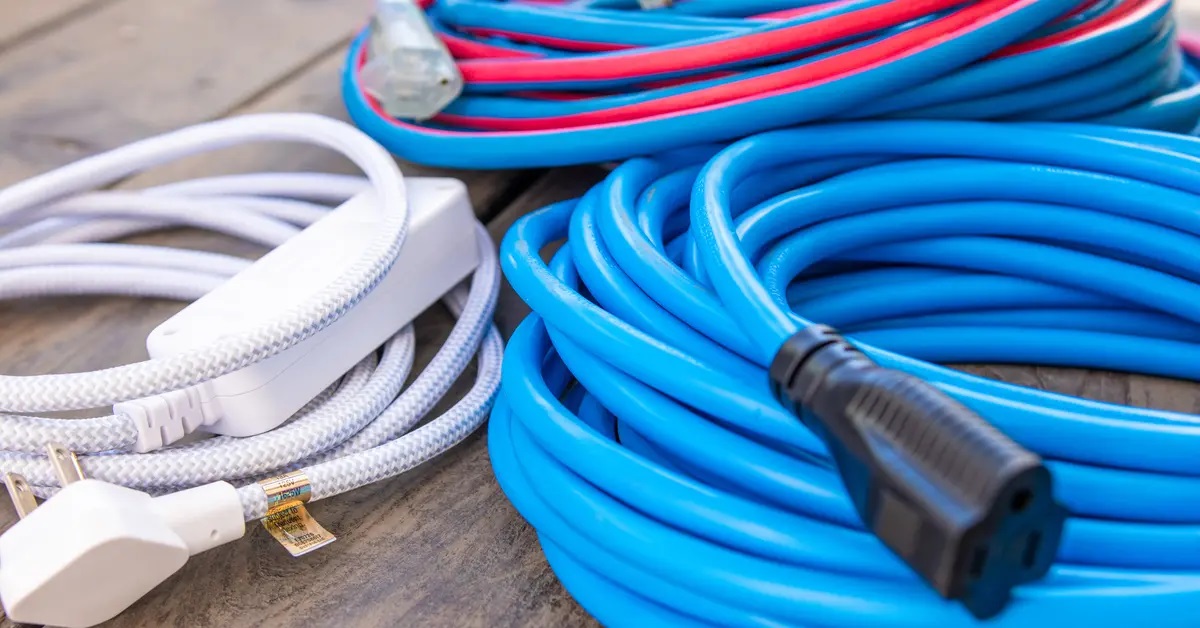
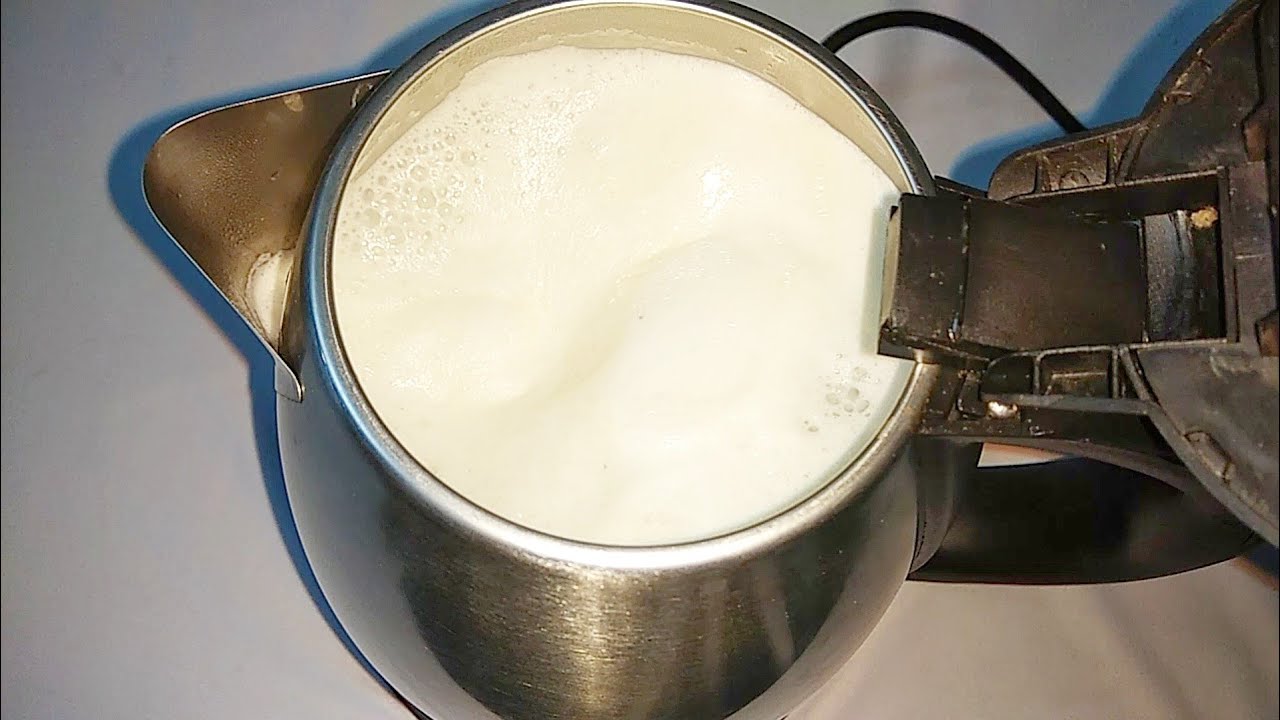
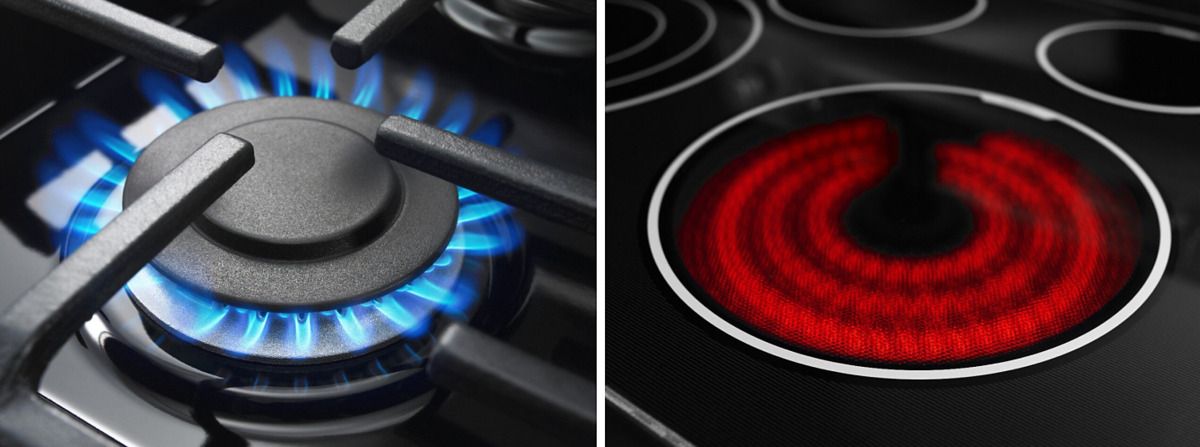
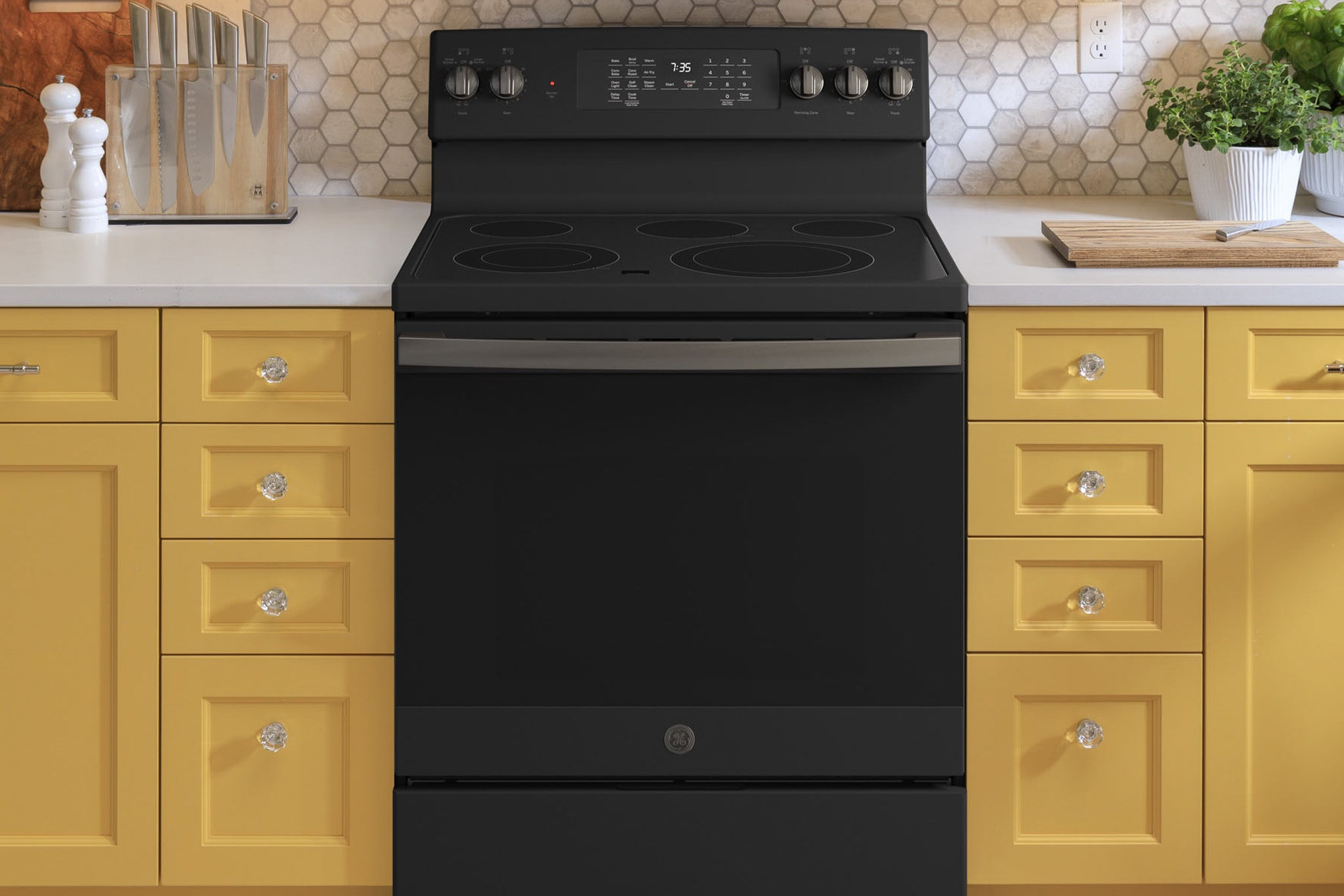
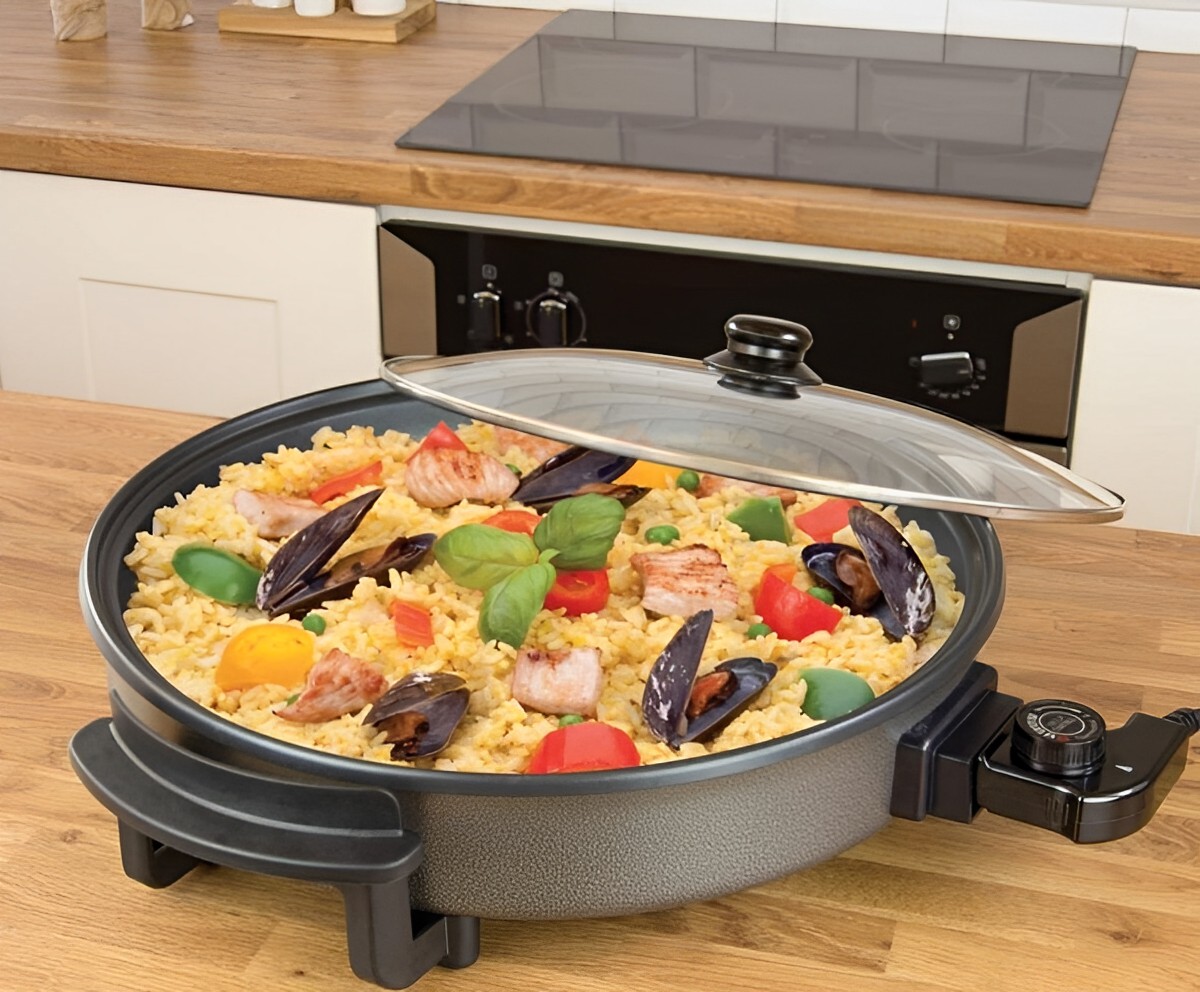
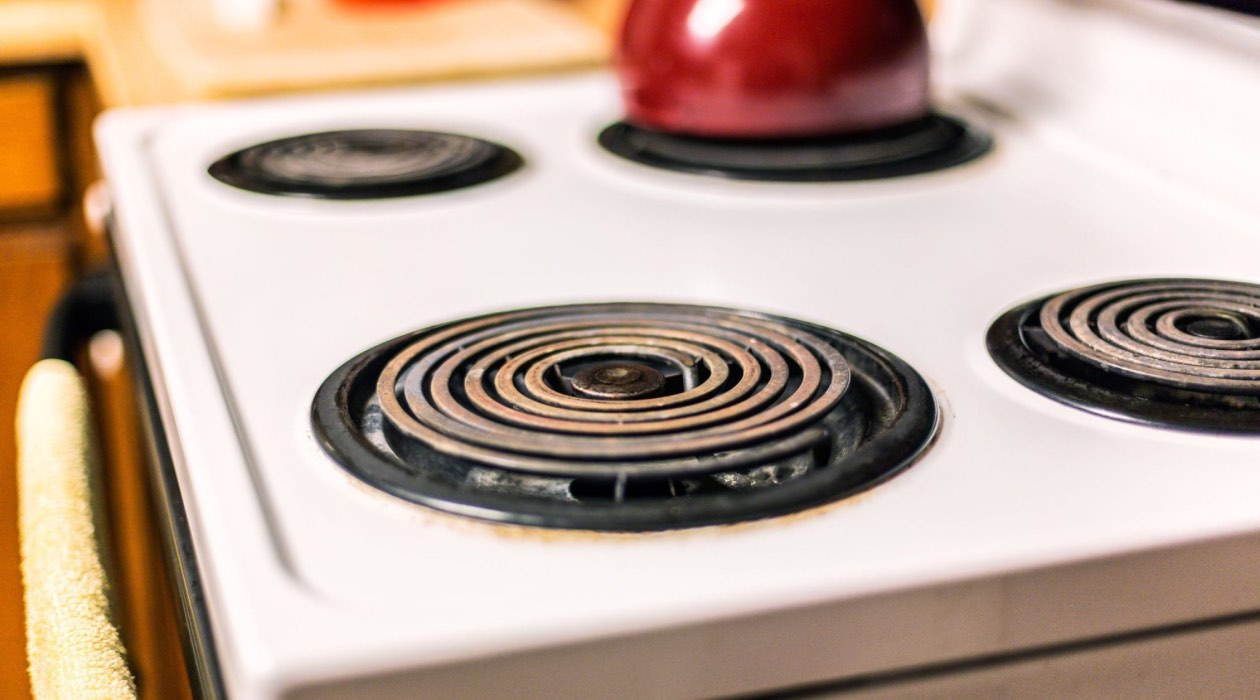
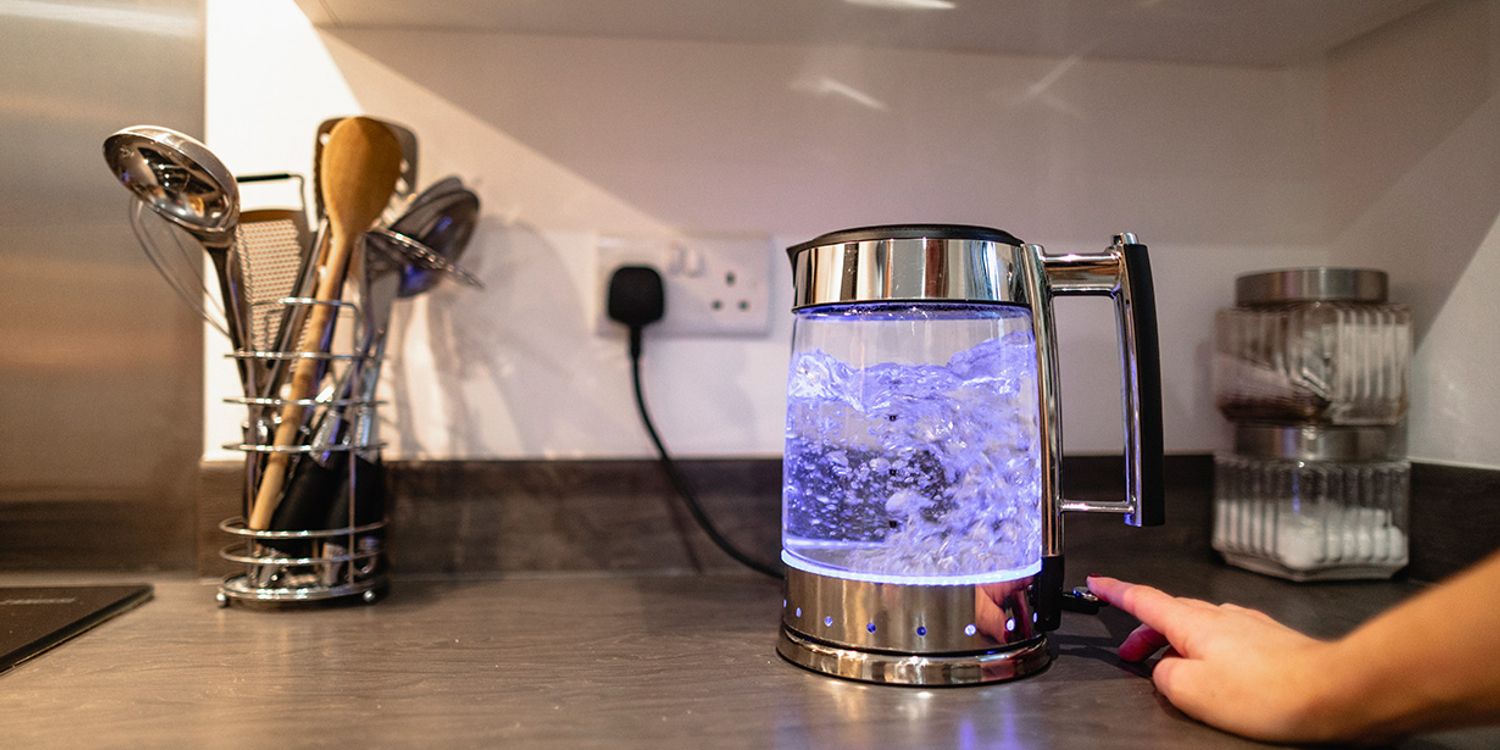
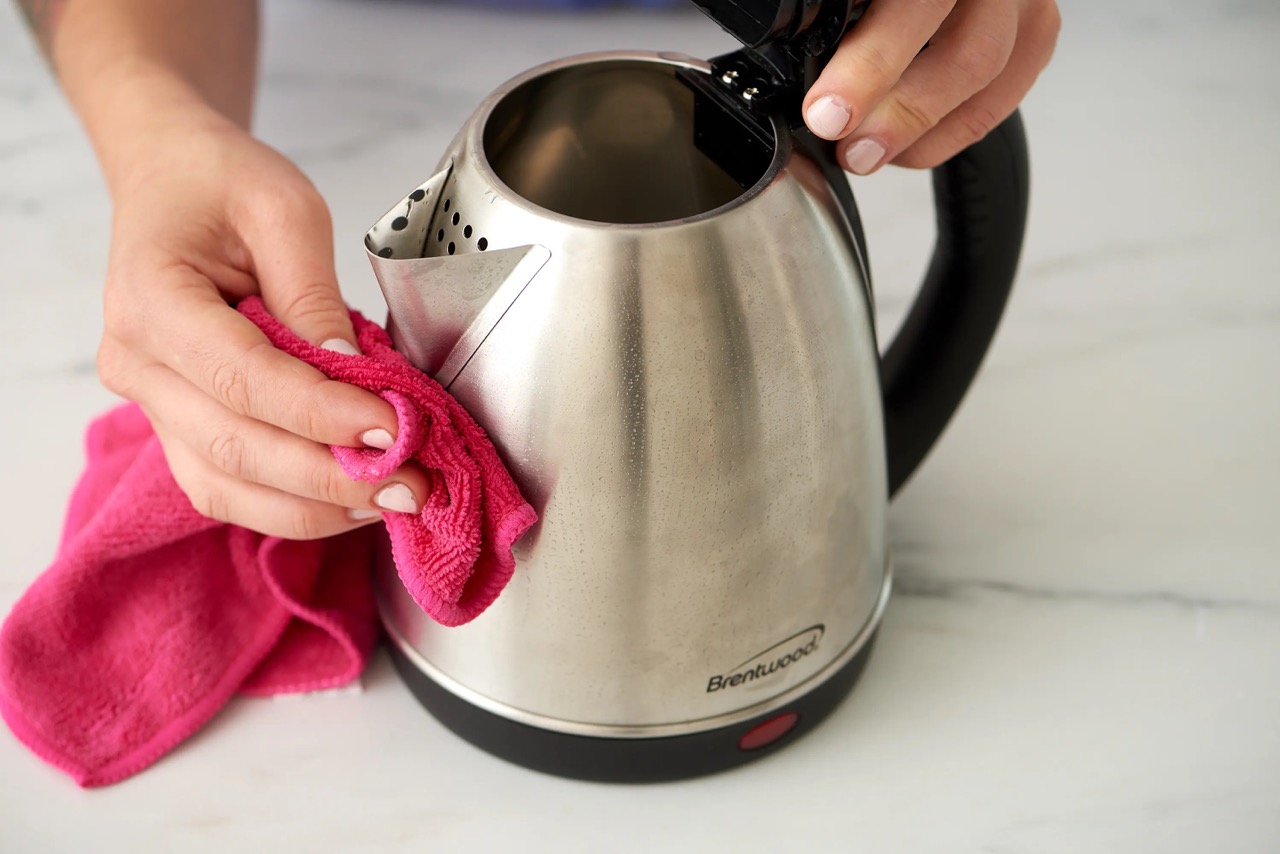
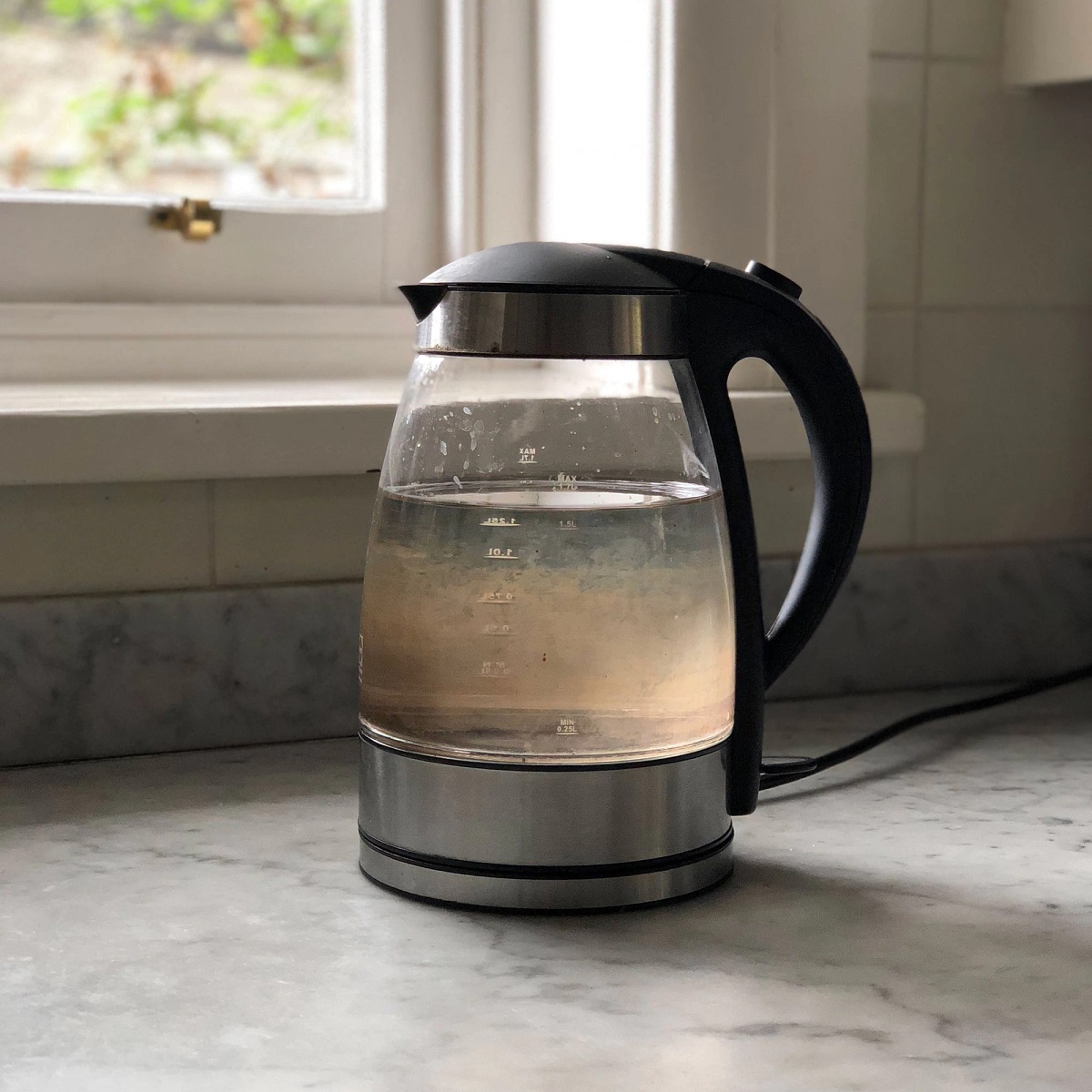
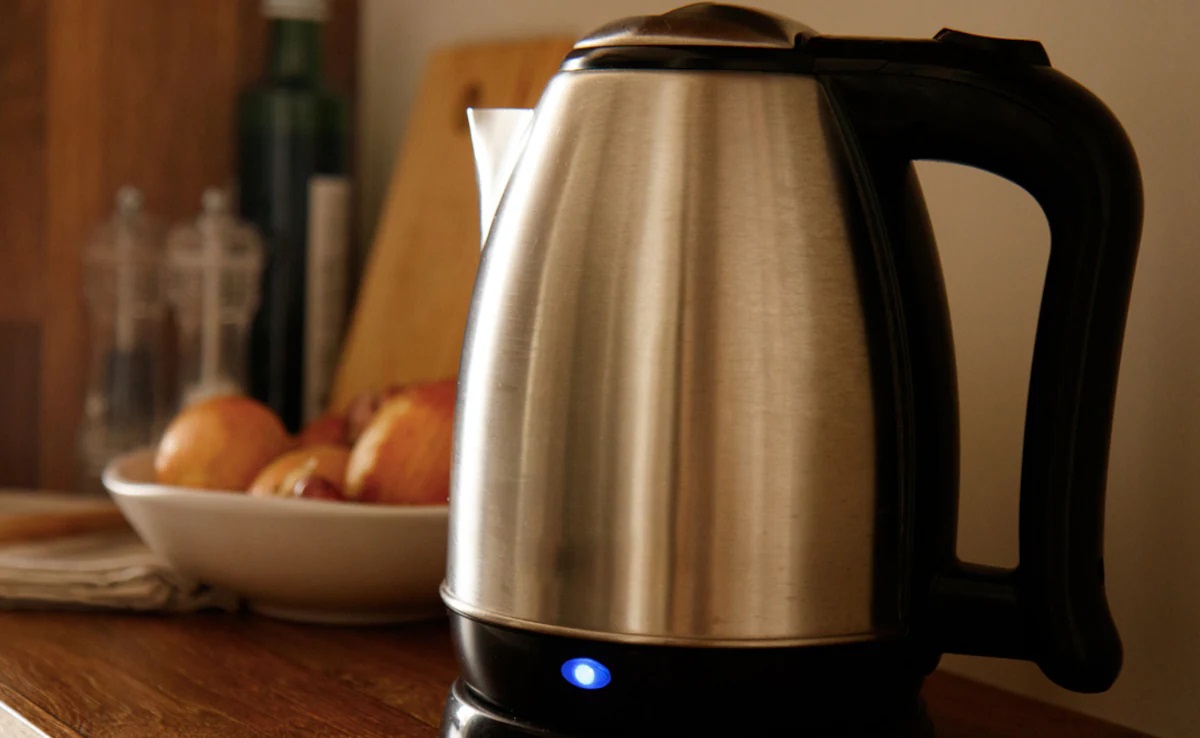
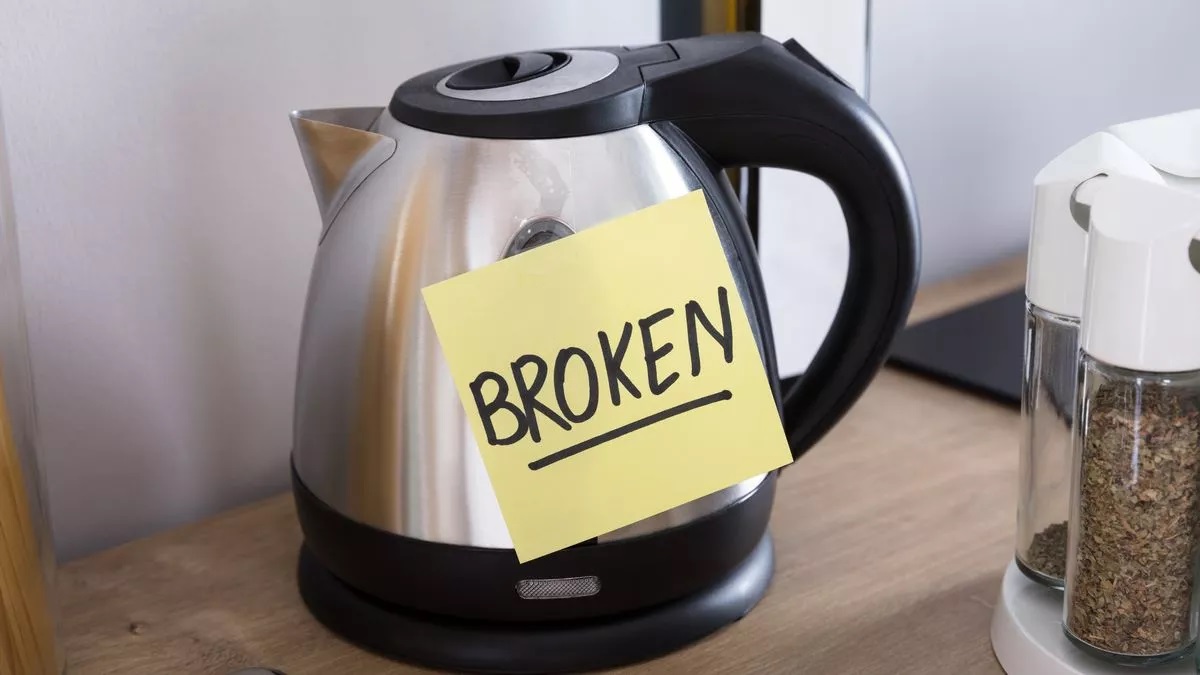
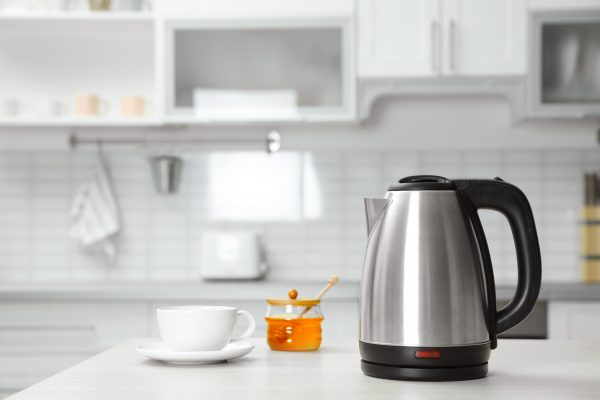

0 thoughts on “Which Is More Efficient: Stove Top Kettle Or Electric Kettle?”